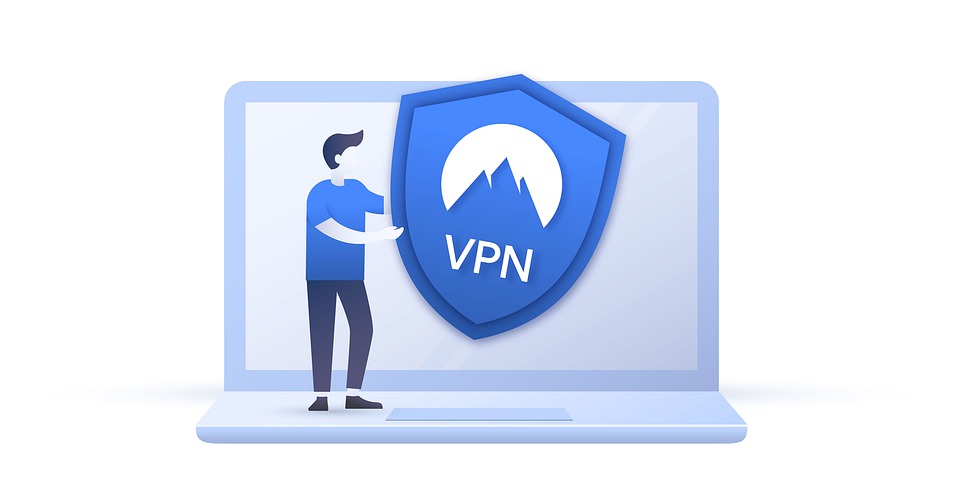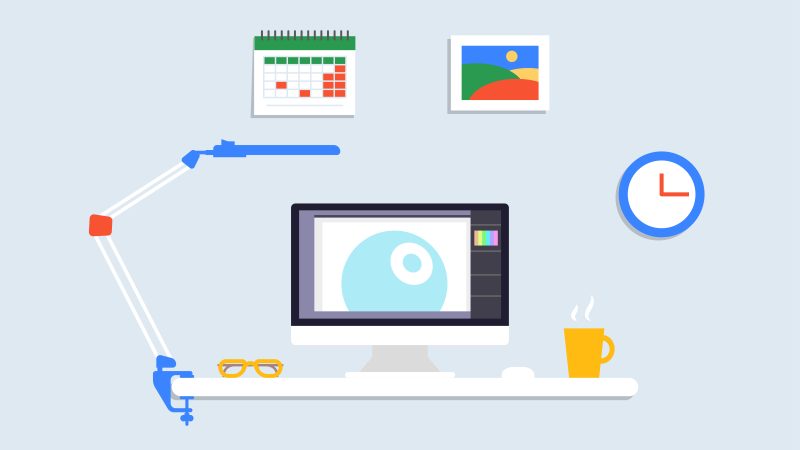What Makes a VPN Safe, and How Do I Choose One?

If you’ve paid even a moment’s attention to recent cyber-space news, you’ll know about the data-driven horror stories that unfold every day around the world. From data farming and selling to IP tracking, many previously trusted sites – like Facebook- are becoming more dubious in their users’ eyes.
If you’ve been thinking of ways to keep your data safe while browsing, you’ve probably considered a VPN. But if you don’t have the slightest idea what a VPN does, it can be hard to decide whether it’s your data security solution.
In this article, we’ll talk about what a VPN is, why it’s safe, and how to choose the right one once you’ve decided you want one.
What Does a VPN Do?
A VPN, or Virtual Private Network, is a strategy for masking your online activity by hiding your browsing data.
Here’s how it works: When you’re on a regular connection, you’re using a router to tap into websites across the internet. While this may seem secure – after all, you should trust your Internet Service Provider (ISP), right?- it has one fatal flaw.
ISPs hook their routers up with IP addresses – unique numbers that link back to your router and signal that it’s you doing the browsing. Because of these IPs, websites can sometimes track your browsing activity and, at best, learn how to tailor ads to your desire – at worst, sell your information and data to 3rd parties.
When you connect to a VPN, that IP number is masked in the VPN’s servers. Think of it like a second router- a really big router- which millions of people are using at the same time. With all of that browsing data going through your VPN’s servers at one time, companies and websites can’t track your browsing data and capitalize on it.
It’s sort of a safety in numbers thing, or like wearing a masquerade to a party.
What Makes a VPN Safe?
Aside from that surface layer analogy, there are a whole host of advantages a VPN will grant to its users. If you want a comprehensive set of benefits, you’re going to want to look for VPN providers that give the following advantages:
- A kill-switch.
- VPN tunneling.
- Unlimited data.
- VPN blocker prevention systems.
- No-log policy.
Without further ado, let’s talk about some of these services and what they mean for you and your data:
Kill Switch
While VPNs are a great way to browse the web in privacy and safety, they’re far from perfect. Depending on your internet connection and a host of other factors, you may lose connection to your VPN provider, in which case you’ll drop back down to a regular internet connection.
In this case, you’ll want to have some insurance that websites won’t be able to leach onto your IP and start tracking your data. A kill switch is that insurance.
By keeping not of your tabs and placing them on the kill switch’s protocol, a kill switch program ensures that whatever sensitive programs you’re running at the point of disconnection will be automatically terminated. This avoids the issue of accidental data leakage.
VPN Tunneling
When you connect to a public network, the websites you visit and the businesses they associate with aren’t the only things you have to worry about. Hackers, governments, and all sorts of other snoopers prey on public connections to steal data.
To avoid this issue, VPN tunneling encrypts your data. In other words, it adds another protective layer, or a ‘tunnel,’ around your data. By encrypting your data, VPN tunneling programs ensure that not only are you protected from websites using and selling your information, you’re also safeguarded from private agents tapping into your data as it passes through public internet sources.
There are many different forms of data encryption or VPN tunneling, but one of the most common forms is point-to-point tunneling. IT creates a high-speed connection between you and your desired source, but the form of data encryption is comparatively weak for modern standards. If you’re just looking for standard security, though, this should be enough.
Unlimited Data
While VPN providers may seem like a way to gain greater freedom on the internet, some of them might be rather stingy with their data allowances, throttling your bandwidth when you pass a certain capacity. You can see how this would get annoying.
If you’re looking for the best VPN out there, a provider with an unlimited data policy won’t cap off your bandwidth the second you pass a certain point. Let’s suppose you’re the kind of person who only downloads a few gigabytes worth of data per month- you’ll still appreciate the security and freedom provided by your VPN’s unlimited data policy.
VPN Blocker Prevention Systems
In the ongoing war against privacy, certain sites and companies have developed ways to prevent people from protecting their private, personal data. These methods come in the form of VPN blockers, and they work to prevent you from accessing the data you need while using a VPN.
While these VPN blockers may seem like a fatal blow in the fight for privacy, certain ingenuitive VPN providers have found ways around them. If you’re looking for a VPN that will protect you no matter what, you’re looking for a VPN with a blocker protection system.
No-Log Policy
A no-log policy is precisely what it sounds like. While VPNs are great ways to browse the internet, some are better than others. Some even keep your data for a certain amount of time, opening up the possibility that they may source it out to governments or companies.
No-log policies ensure that a company won’t keep your data, thus eliminating the possibility of selling off.
Choosing The Right VPN
To choose your VPN service, you’ll want to find a VPN that combines all or some of these benefits. Don’t be afraid to go high on price- the better your service, the better your security. Make sure to consult our list of recommended services above before choosing a provider.




